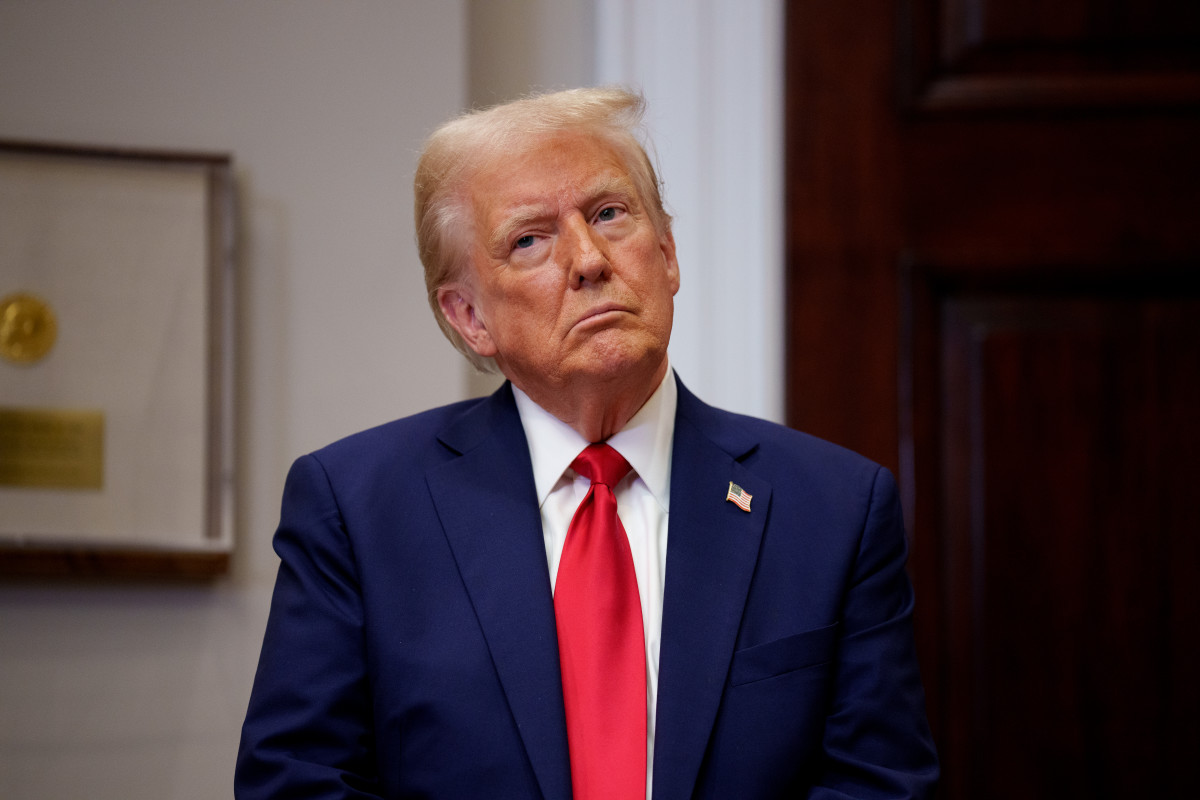A federal U.S. appeals court ruled that most of President Donald Trump's sweeping new tariffs are not legal on Friday, agreeing with a lower court decision that the President's use of emergency powers broke the law.
However, the tariffs will remain for now as the matter is referred back to the Court of International Trade, who could help decide the fate of the levies. They will be tasked with deciding who the decision applies to all parties, or just those who brought the case before the court.
In response to the ruling, President Trump posted that, “ALL TARIFFS ARE STILL IN EFFECT!” on Truth Social. He added that, “Now, with the help of the United States Supreme Court, we will use them to the benefit of our Nation.”
The latter comment refers to Trump's desire to have his staple policy reviewed by the court's conservative majority. It's for this reason that many legal pundits anticipate that the case will eventually land in the nation's highest court, where the tariff tiff will ultimately be worked out.
He went on to add that, “If allowed to stand, this decision would literally destroy the United States of America.”
Why Do the Tariffs Matter?
In any case, the decision deals a fresh blow to the administration's economic policy. Since Trump announced the so-called ‘reciprocal tariffs' in the Rose Garden in April, the levies have been utilized to extort trade concessions from countries, encourage international investment in the U.S. market, and force U.S. businesses to nearshore more operations.
They have also become a matter of importance in the Republicans' tax and budget bill, utilized to excuse the expensive cost of extending the conservatives' 2017 tax cuts. These cuts, which have predominately helped wealthy Americans, were passed earlier this quarter in the “One Big Beautiful Bill Act”.
In recent days, Treasury Secretary Scott Bessent said that the duties could generate $500 billion in revenue per year. Similar figures have been thrown around in due course, adding a critical piece of calculus to justifying the bill.
However, if the tariffs are ultimately struck down and the court orders the government to pay back tariffs to affected businesses, it remains to be seen what effects it could have on the budget or deficit.













